Calls for Ukraine
Calls for Europe
Calls for USA
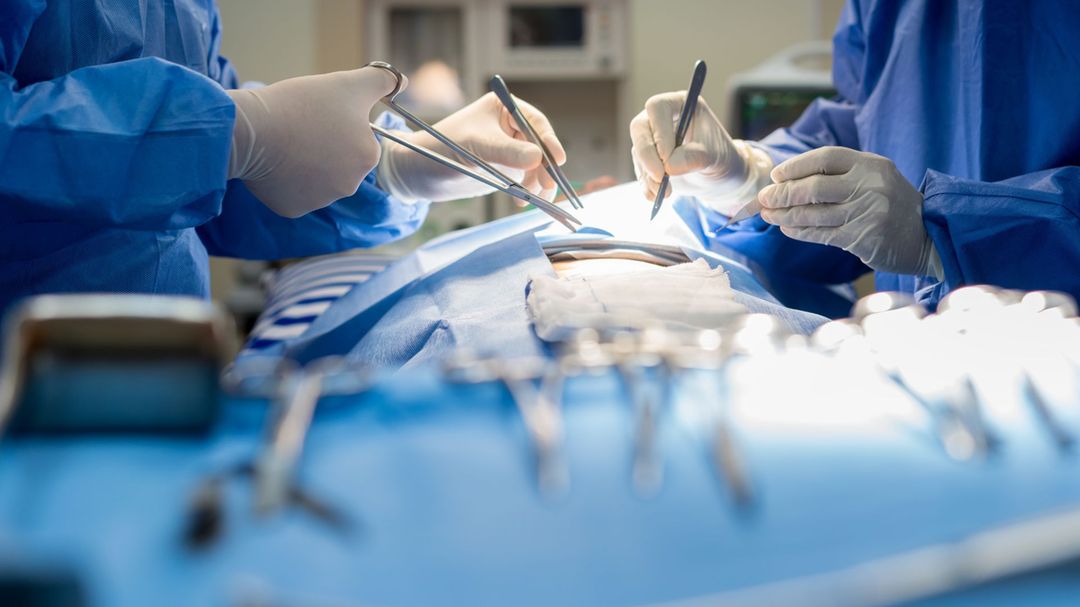
Liver transplant is a complex surgical procedure in which a damaged liver is removed and replaced with a healthy organ from a donor. According to the World Health Organization, approximately 30,000 such surgeries are performed worldwide every year. These operations save the lives of people suffering from cirrhosis, liver cancer, and other severe, life-threatening conditions.
Over the past decade, India has made significant advances in organ transplantation. Around 2,000 liver transplantations are performed in the country annually, with one-year patient survival rates in leading Indian centres reaching 90-95%. This level is comparable to the best clinics in the USA and Europe. Moreover, the cost of liver transplant in India is 3-5 times lower than in Western countries.
Behind the statistics are real stories of people returning to life. Medical centres in Delhi, Mumbai, and Chennai annually attract thousands of international patients, for whom liver transplantation is often the only chance for survival.
MedTour company has extensive experience in medical tourism. We collaborate with the top clinics in the world that specialize in liver transplantation and hepatobiliary surgery. In this article, we will explain how liver transplants are performed in India, answer the question “how much does a liver transplant cost”, and rank the best Indian organ transplant centers.

Liver transplantation is indicated for patients with irreversible liver diseases, when the organ is no longer able to support vital functions. Doctors consider transplantation in the following cases:
The decision to proceed with transplantation is made by a multidisciplinary team after a thorough examination of the patient. Factors considered include the severity of liver damage, the patient’s overall health, the presence of comorbidities, age, and other factors that influence the prognosis of the surgery.
There are two main types of liver transplant procedures:
Advantages of Orthotopic Liver Transplantation
Both types of transplantation are performed in Indian clinics. An experienced surgeon will conduct a comprehensive examination and recommend the most appropriate treatment approach.
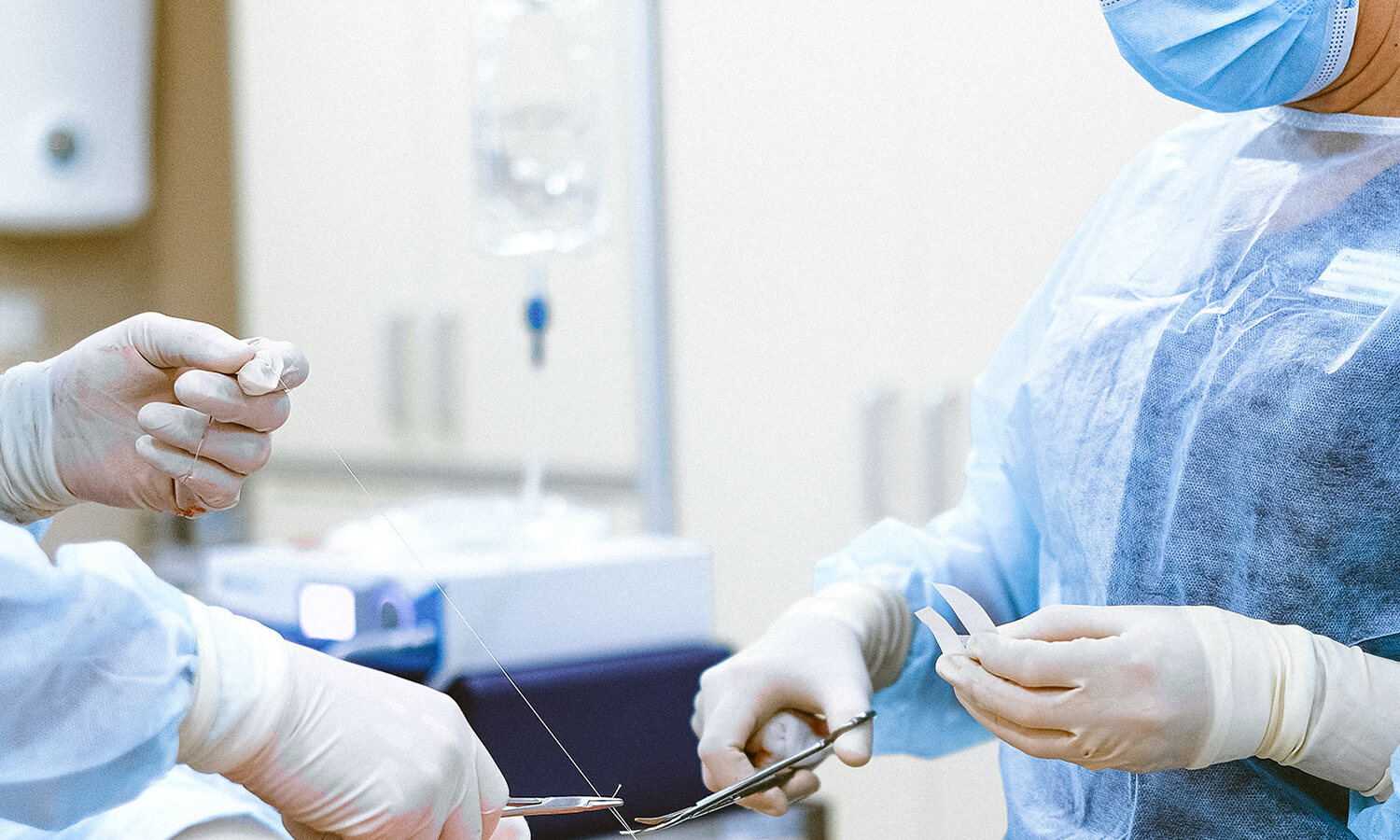
Liver transplantation in India is carried out according to international standards using modern technologies. The procedure consists of several key stages, each of which is important for the successful outcome of the operation.
Before transplantation, the patient undergoes a comprehensive medical assessment, including:
Many Indian clinics offer remote consultations for international patients to assess their condition and plan the trip in advance.
Two types of donors are possible in India:
Some leading Indian medical centres collaborate with international organisations, which occasionally allows access to deceased donor organs. However, patients should be prepared for a long wait.
The operation is carried out in several stages:
After transplantation, the patient remains in hospital for 2–4 weeks under the supervision of doctors.
India is one of the most affordable countries in terms of transplant surgery cost. Local clinics often offer all-inclusive service packages. The cost of a liver transplant usually includes:
Liver Transplantation – Price at Indian Clinics
Depending on the clinic’s pricing policy, the cost of a liver transplant may vary. For example, at Artemis Hospital, the operation will cost $24,000–$26,800. At the Max clinic it’s slightly more expensive – $33,000. But even so, these figures are noticeably lower than in other foreign medical centers.
Liver Transplant – Price in Other Countries
Higher, but still relatively affordable prices are found in clinics in Azerbaijan and Turkey:
In Western countries, liver transplant prices are significantly higher:
Thus, India is a good choice for patients seeking high-quality yet affordable medical care.
The MedTour team has selected the TOP 6 leading Indian clinics specializing in transplant surgery.

Apollo Hospital is one of the leading centers for liver transplantation in India. The clinic’s doctors have performed over 775 successful liver transplants with an impressive success rate of 90%. The hospital’s main advantage is the use of advanced surgical techniques, such as laparoscopic argon laser technology and the Tissue Link device. These methods allow for bloodless operations.
Apollo Hospital Indraprastha equipped with a 24/7 blood bank and a dedicated hepatobiliary intensive care unit. The hospital is also known as the first hospital in India to successfully perform liver transplants for both children and adult patients.

The Max Liver and Biliary Tract Transplant Center has been operating for over 20 years. During this time, 2,600 transplants have been performed here with a success rate of 95%. The clinic’s doctors actively use minimally invasive approaches, advanced organ preservation methods, and intraoperative ultrasound to perform surgeries more accurately. Max Clinic is also one of the few centers in India capable of performing robot-assisted donor liver resection. The 10-year survival rate for patients after transplantation at the Max Clinic is 86%.
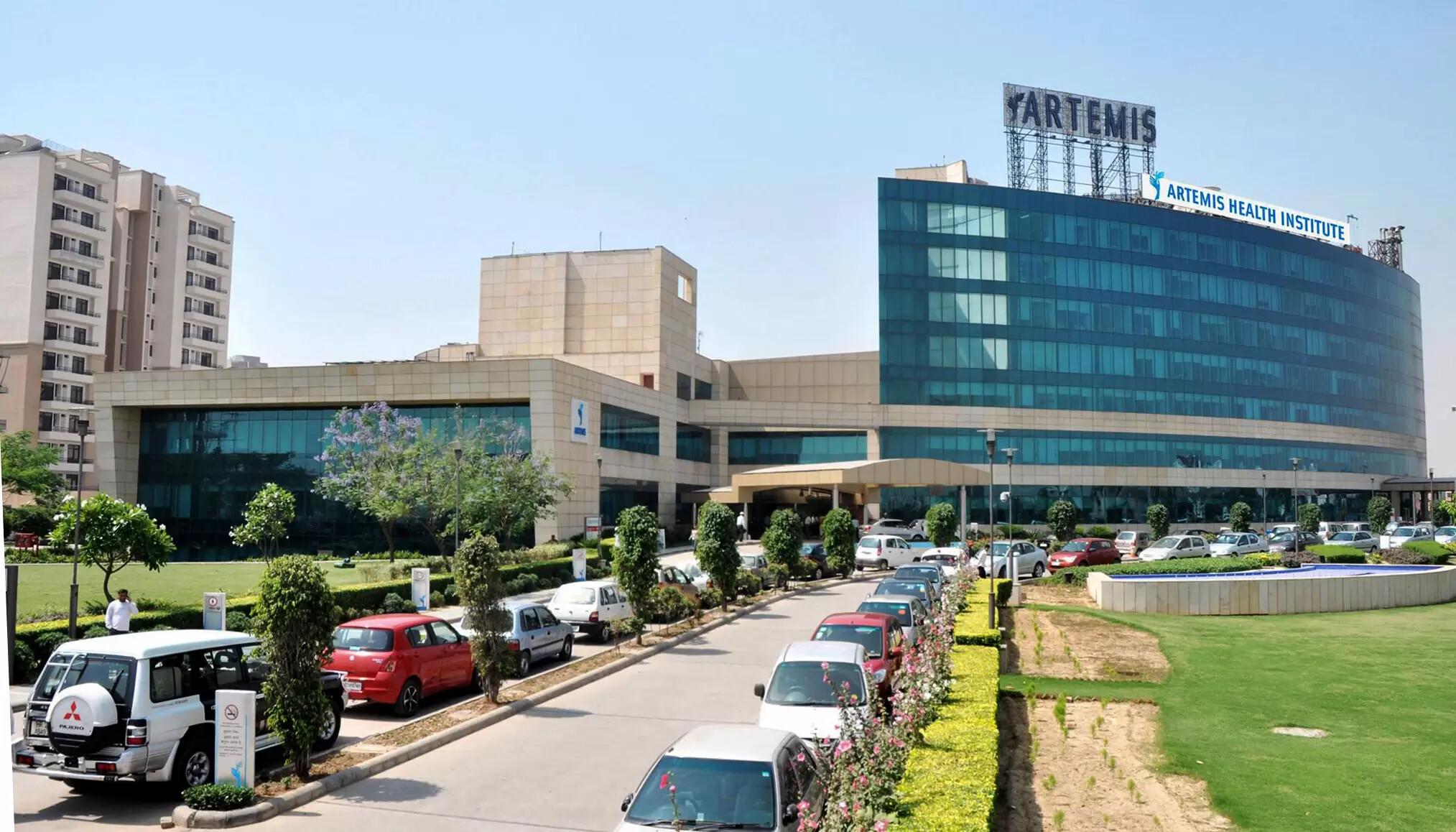
Artemis Hospital stands out among other Indian hospitals for its advanced surgical techniques and organ preservation techniques. The hospital has gained international recognition for performing complex paired liver transplants. One of the most notable cases was a successful simultaneous transplantation for an 8-month-old child with biliary atresia and a 62-year-old patient with cirrhosis.
Artemis Clinic specializes in treating foreign patients, including those from Central Asian countries. The hospital has developed effective protocols for the treatment of rare and complex liver diseases, making it one of the leading centers for cases requiring non-standard approaches to transplantation.
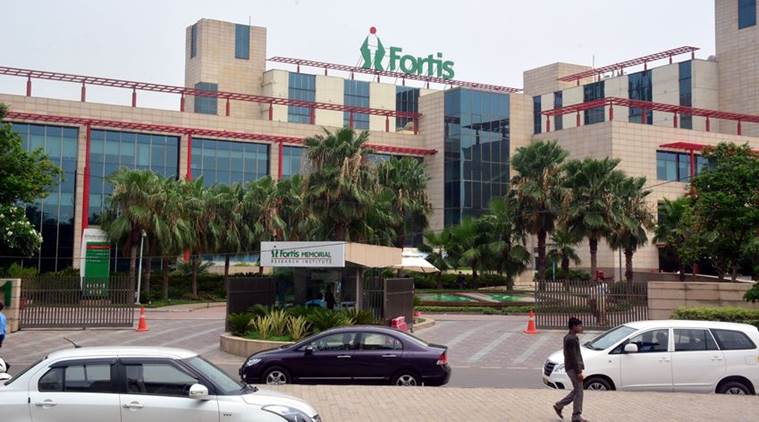
Fortis Hospital offers a comprehensive range of transplant services using advanced diagnostic technologies including 3T MRI and 128-slice CT scanners. The hospital boasts an impressive 96% survival rate for liver transplant recipients, placing it among the best in the world.
Fortis doctors perform a wide range of procedures, including liver transplants for adults and children, surgeries with blood group incompatibility, as well as combined liver and kidney transplants. An important feature of the hospital is the close interdisciplinary collaboration between the departments of hepatology, gastroenterology, and oncology. Such collaboration allows physicians to provide a comprehensive approach to treating complex cases of hepatological diseases.
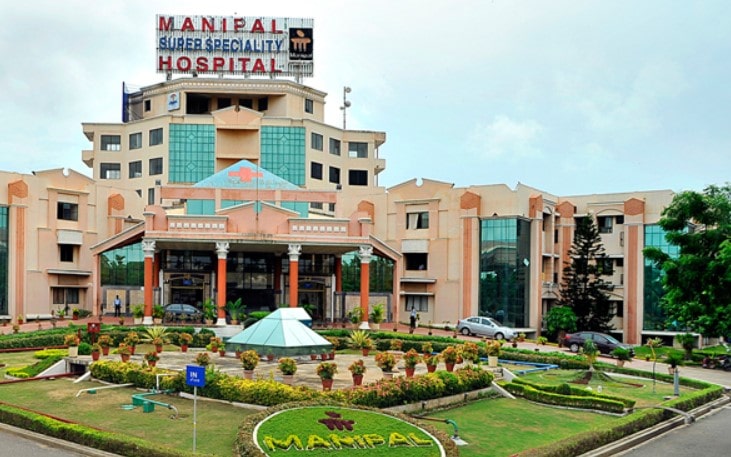
Manipal Hospital has earned a reputation as one of the leading liver transplant centres in India by introducing innovative surgical technologies. The clinic has performed over 500 liver transplants with a success rate of over 92%. The center uses modern minimally invasive techniques, including laparoscopic donor hepatectomy.
Manipal’s distinctive feature is its dedicated rapid response team for emergency transplants and the advanced MARS (Molecular Adsorbent Recirculating System) for temporary liver support in critically ill patients. The hospital also offers a comprehensive post-transplant recovery program, including specialized physical therapy and nutritional support tailored to patients with liver disease.
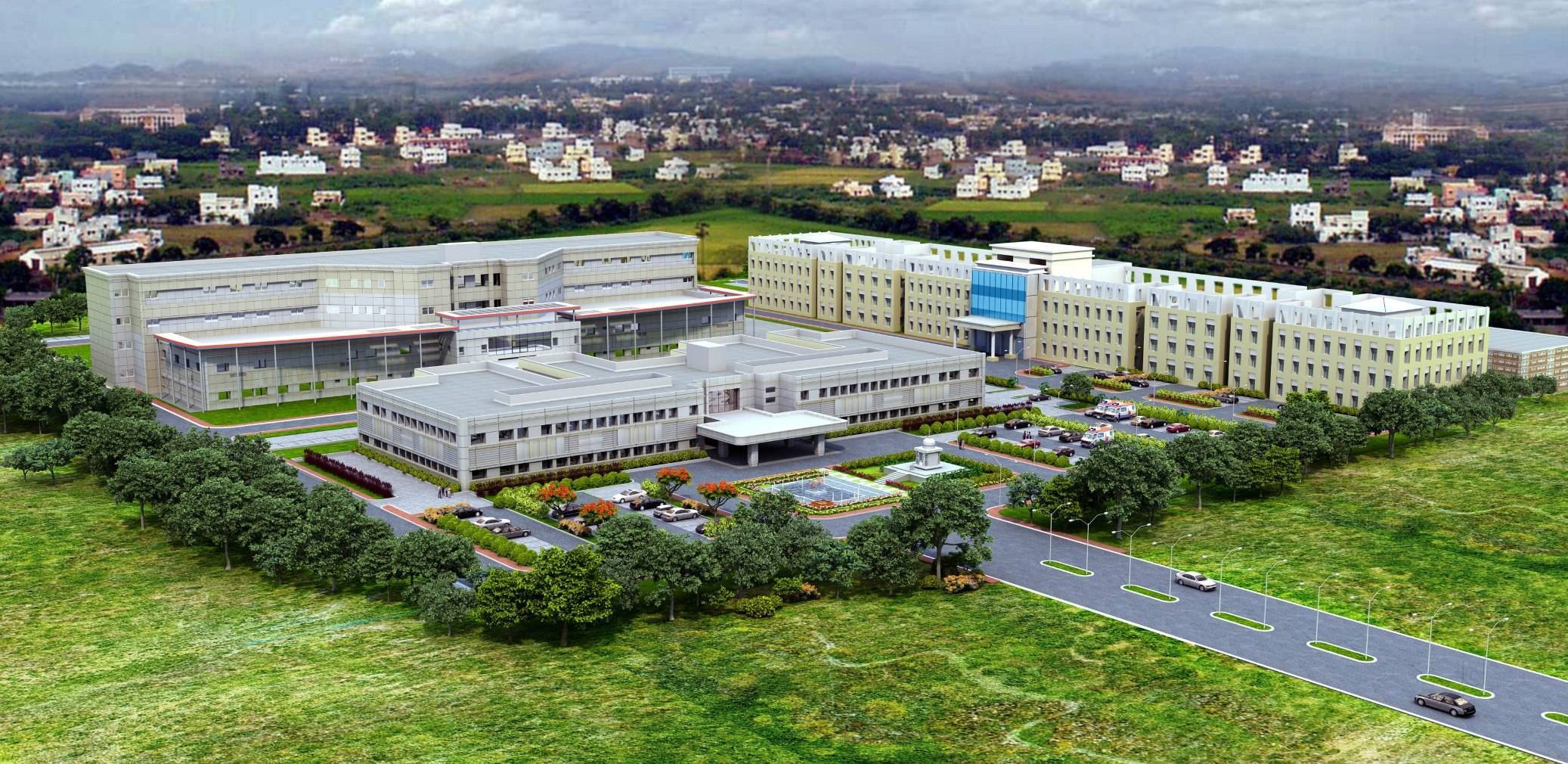
Global Hospital in Chennai is one of the leaders in liver transplantation in South India. The clinic’s doctors have performed more than 1,200 transplants with a success rate of over 93%. The clinic specializes in complex cases, including transplants for patients with comorbidities and those over the age of 65.
The Global Center is equipped with advanced equipment for real-time monitoring of liver function during surgery, including ICG fluorescence imaging technology and the PICCO system for hemodynamic monitoring. The clinic has also introduced an innovative ABO-incompatible liver transplant program, which significantly expands the pool of potential donors. Of particular note is the unique post-operative remote monitoring system, which allows foreign patients to receive specialist consultations after returning home.

Rehabilitation after liver transplantation typically takes 6-12 months, with the first 3-4 of being the most critical as the body adapts to the new organ.
Immunosuppressive therapy is the most important part of postoperative care, which helps prevent rejection of the donor liver. In India, as in other countries, tacrolimus-based regimens (the “gold standard”) are used, often in combination with antimetabolites. Studies show that dual-component protocols (eg, calcineurin inhibitor + antimetabolite) significantly improve recipient survival.
Regular monitoring after transplantation includes:
In addition, Indian doctors provide personalized dietary recommendations and develop an individual schedule for returning to physical activity.
What is a liver transplant and when is it necessary?
A liver transplant is a surgical procedure in which a diseased liver is replaced with a healthy liver from a donor. It is commonly indicated for cirrhosis, primary liver cancer (hepatocellular carcinoma), acute liver failure, hereditary metabolic liver diseases, and biliary atresia in children.
What is the prognosis after transplantation?
In leading Indian hospitals, the one-year survival rate is 90-96%. The ten-year survival rate at the Max Clinic reaches 80%.With a successful transplant and no complications, most patients return to normal life within 6-12 months after surgery.
Is re-transplantation possible?
Yes, although it is technically more complex and has a lower success rate. The main indications for a second transplant include graft rejection, hepatic artery thrombosis, primary graft dysfunction, or relapse of the primary disease. In specialized centers in India, repeat transplants account for about 5-10% of the total number of surgeries.
Most patients who undergo liver transplantation in India speak highly of the local clinics and doctors. On the websites of Indian medical centers, you can find numerous positive reviews in which patients thank doctors for life-saving care.
One such story is from Sunita Shetty. This is a touching story in which a daughter helped her mother cope with a difficult disease. Sunita contracted a rare but very dangerous bacterial infection called melioidosis. The disease had almost completely destroyed her liver, and a transplant was the only chance for salvation. Sunita’s daughter Vaishnavi decided to donate a part of her liver to her mother. The surgery was performed by Dr Sanjeev Rohatgi at Manipal Hospital. Despite all the difficulties, it was successful. Today Sunita is fully recovered and deeply thankful to her daughter and Dr. Rohatgi for giving her a second chance at life.
If you or a loved one is in need of a liver transplant, please write or call us. A MedTour coordinating physician will review your medical case and will select the most suitable clinic and physician. In addition, we will assist you with all organizational issues and provide support throughout every stage of your treatment.
Please rate the work of MedTour
